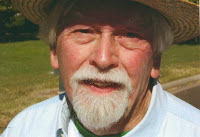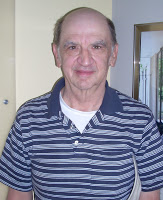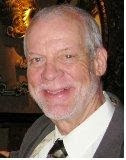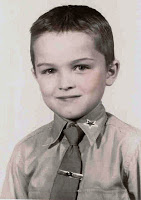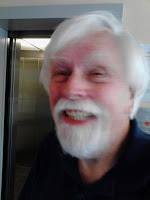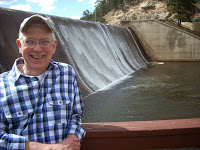In my Book of Standards, little boys were supposed to
have sports heroes, like baseball, football, Jack Armstrong, and the guys that
had their pictures on the Wheaties box.
have sports heroes, like baseball, football, Jack Armstrong, and the guys that
had their pictures on the Wheaties box.
No, not me. My heroes and role models were male movie
stars. At the time in my adolescent years I wasn’t aware that these crushes
were the signs of my beginning acquaintance with what became of my life’s
journey on the road to homosexuality. Little did I know, nor did I question,
why I found these men appealing and attractive, but these acquaintances lived
quietly in my pre-teen subconscious.
stars. At the time in my adolescent years I wasn’t aware that these crushes
were the signs of my beginning acquaintance with what became of my life’s
journey on the road to homosexuality. Little did I know, nor did I question,
why I found these men appealing and attractive, but these acquaintances lived
quietly in my pre-teen subconscious.
There was Franchot Tone, Clark Gable’s second mate on
Charles Laughton’s “Bounty.” Never did care for Tom Mix or Gene Autry, but give
me Randolph Scott anytime. Then there was a guy named Lou McAlister—“the boy
next door.” By this time I was beginning to wonder: did he like boys too?
Charles Laughton’s “Bounty.” Never did care for Tom Mix or Gene Autry, but give
me Randolph Scott anytime. Then there was a guy named Lou McAlister—“the boy
next door.” By this time I was beginning to wonder: did he like boys too?
All this time it was my imagination creating these
illusions that did not register as latent gayness. That developed shortly
thereafter, upon the arrival of slow but sure puberty.
illusions that did not register as latent gayness. That developed shortly
thereafter, upon the arrival of slow but sure puberty.
“First Acquaintance.” Looking back so many years, it
is hard to remember which “first.” This is like so many other impertinent
questions posed to a newly “out” GLBT person—and you want to reply with “None
of your damned business” or proceed to bore the questioner with your life
story. TMI.
is hard to remember which “first.” This is like so many other impertinent
questions posed to a newly “out” GLBT person—and you want to reply with “None
of your damned business” or proceed to bore the questioner with your life
story. TMI.
Let’s see, does First Acquaintance mean actual
physical contact or maybe talking about IT with a like-minded shy and timid boy?
All that fooling around with your cousin of the neighbor boy when you were 6 or
7 years old doesn’t count. It wasn’t’ a heart to heart talk with the priest or
some other spiritual counselor. In fact, the first instance may have been your
“first” but I avoided clergy at all costs, and the same can be said for Boy
Scout leaders.
physical contact or maybe talking about IT with a like-minded shy and timid boy?
All that fooling around with your cousin of the neighbor boy when you were 6 or
7 years old doesn’t count. It wasn’t’ a heart to heart talk with the priest or
some other spiritual counselor. In fact, the first instance may have been your
“first” but I avoided clergy at all costs, and the same can be said for Boy
Scout leaders.
There was a chance encounter at a movie house in
Richmond, VA. I was stationed there during the war, after I had finished basic
training. A teenaged U. S. Navy boy sat next to me in the darkened theatre and
I noticed somehow our knees began to become acquainted.
Richmond, VA. I was stationed there during the war, after I had finished basic
training. A teenaged U. S. Navy boy sat next to me in the darkened theatre and
I noticed somehow our knees began to become acquainted.
As I stated before the rest is none of your damned
business!
business!
© 17 July 2017
About the Author
